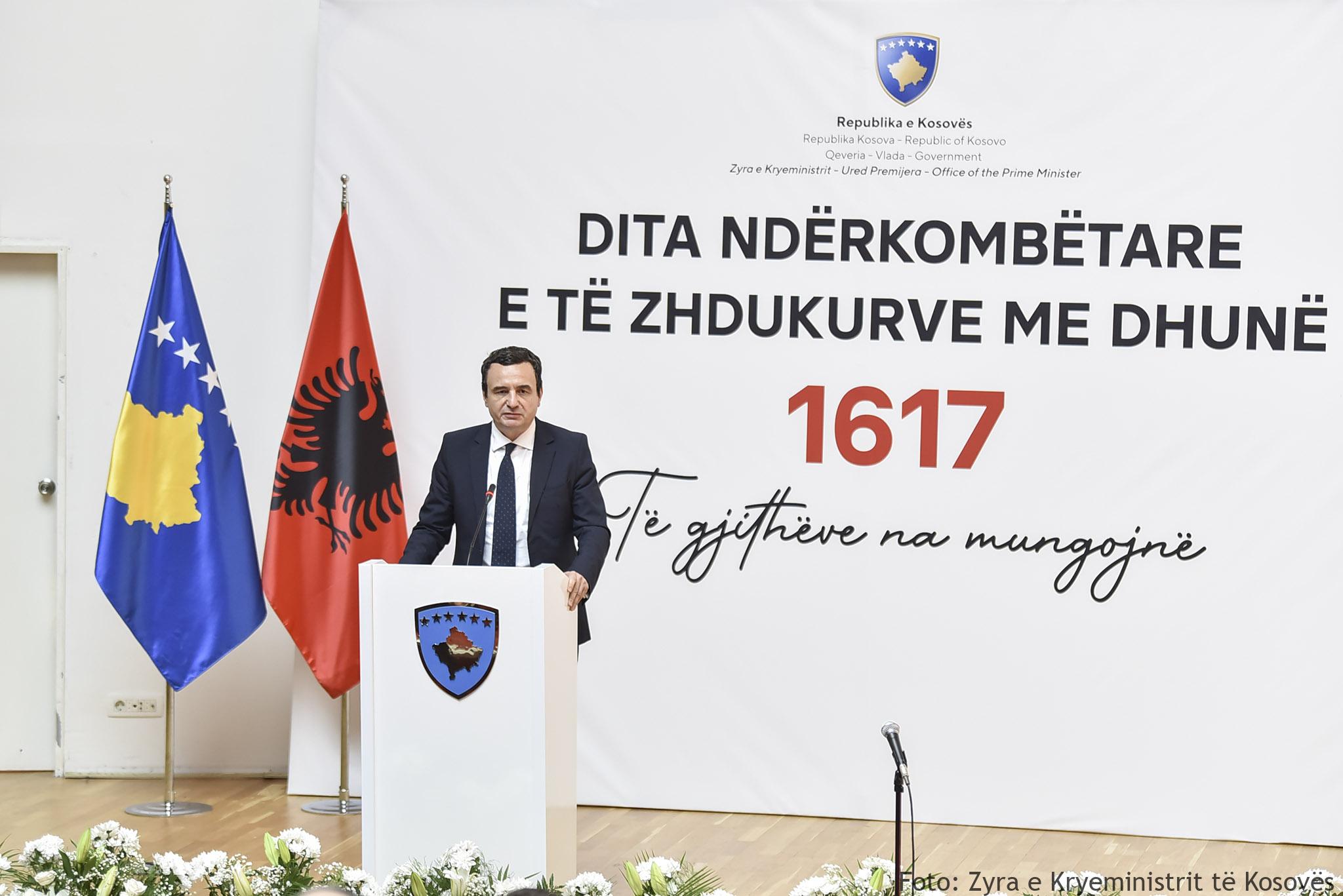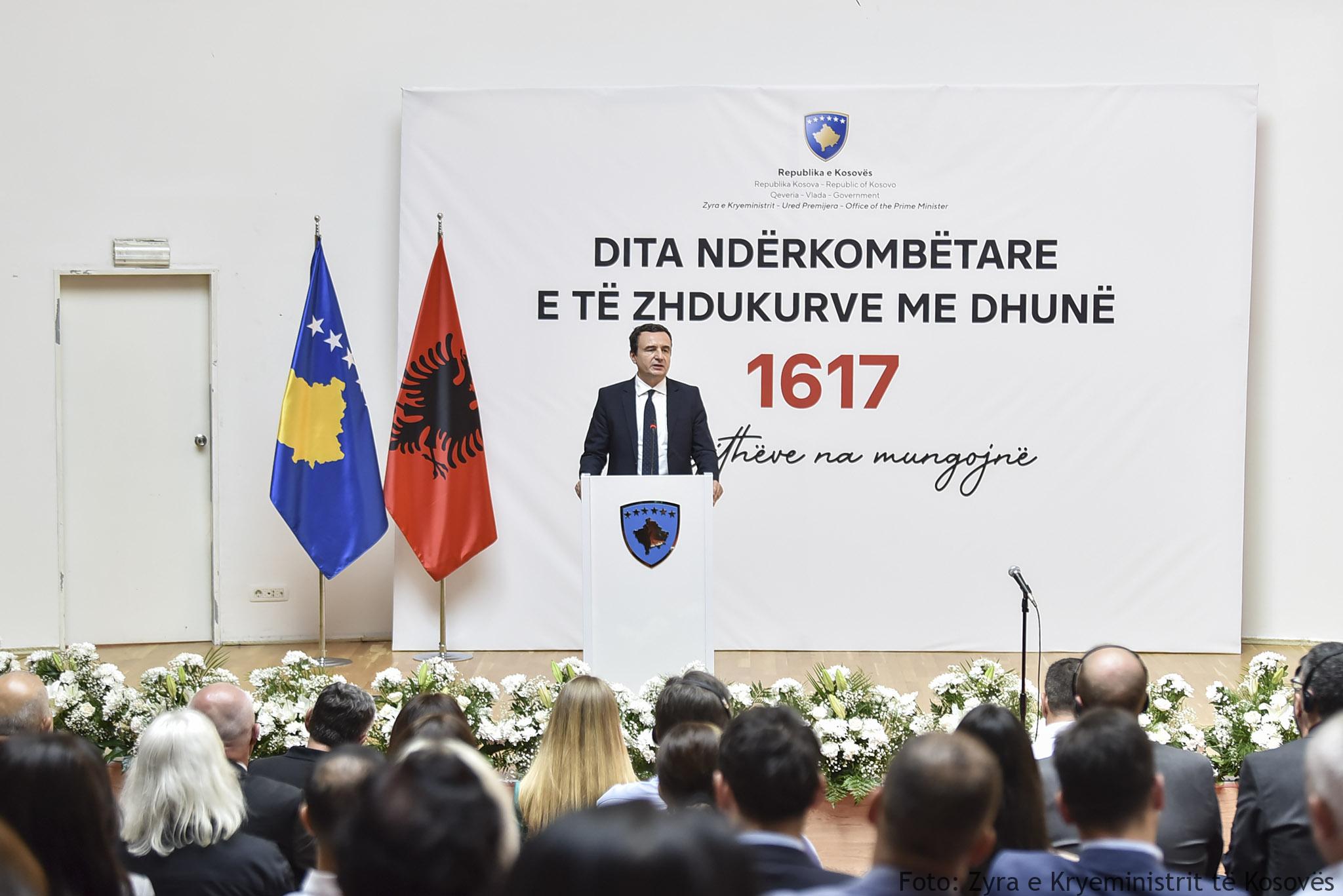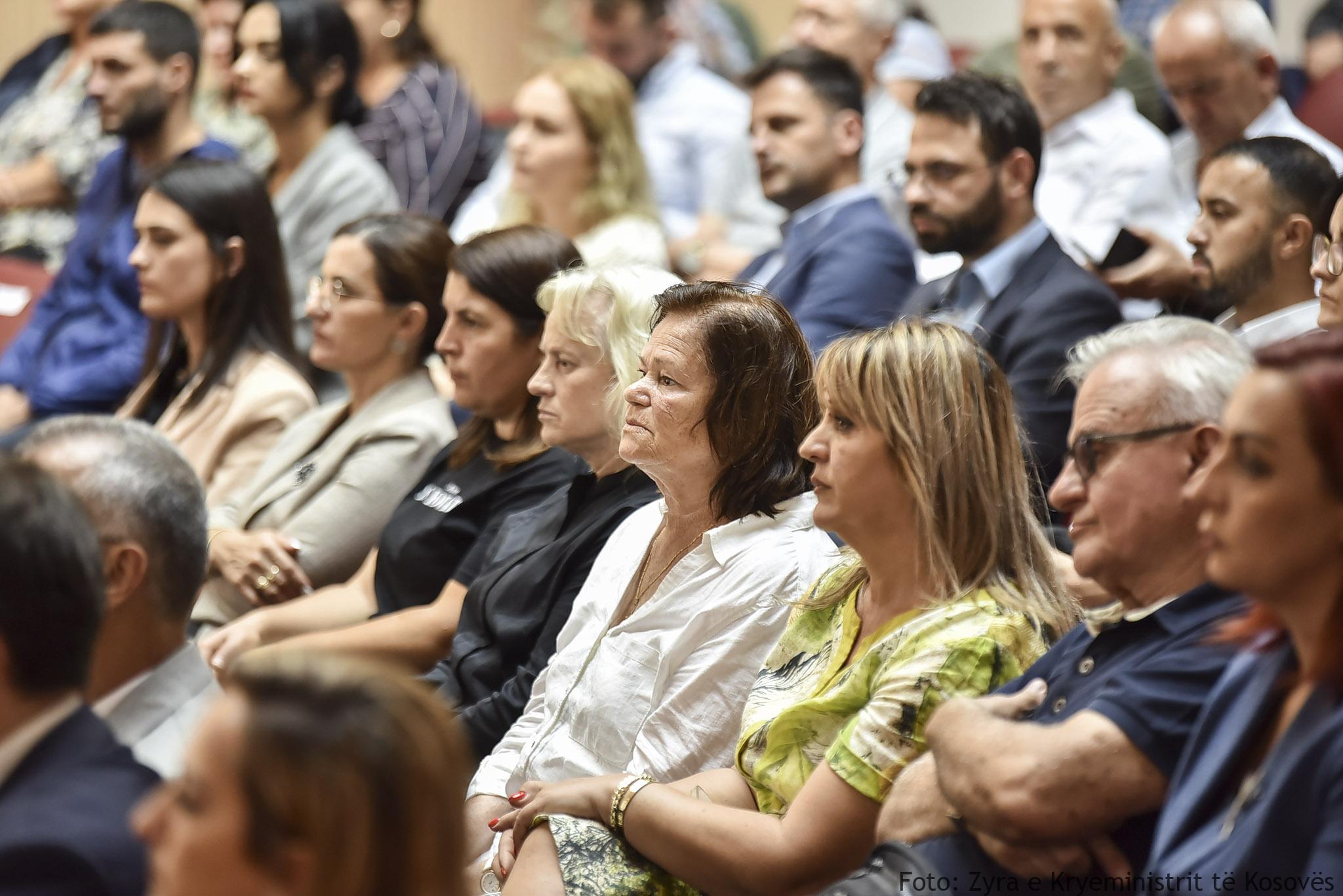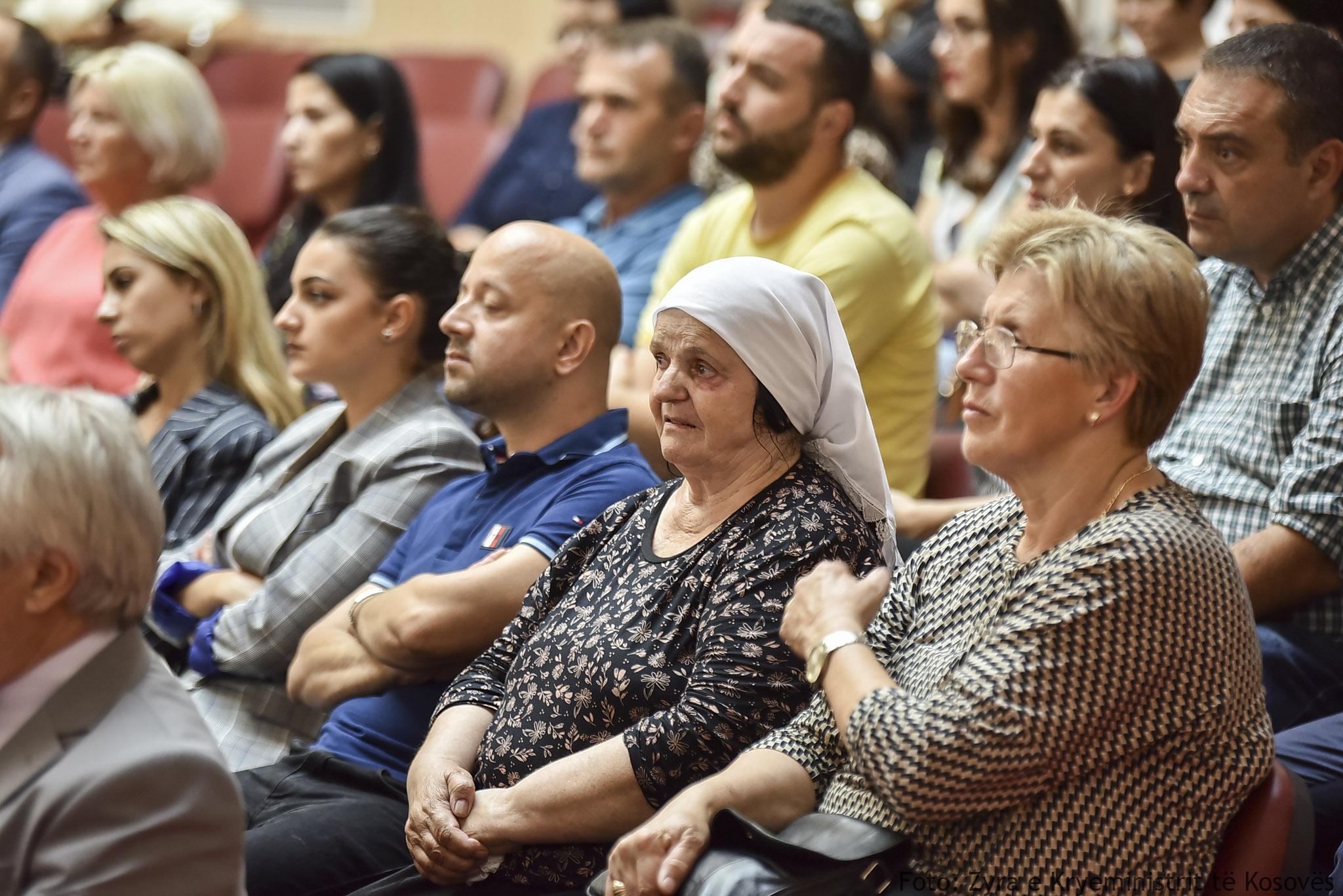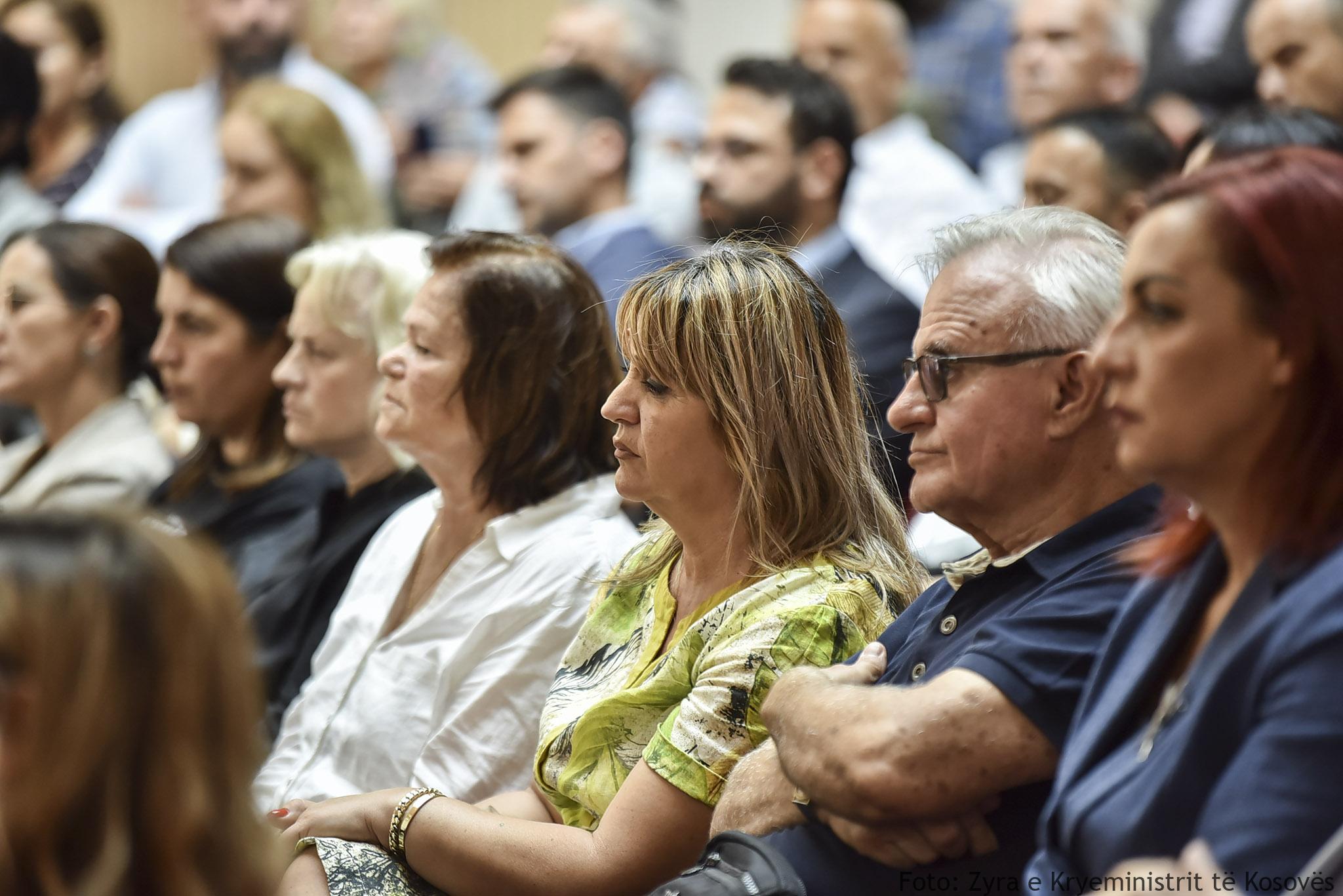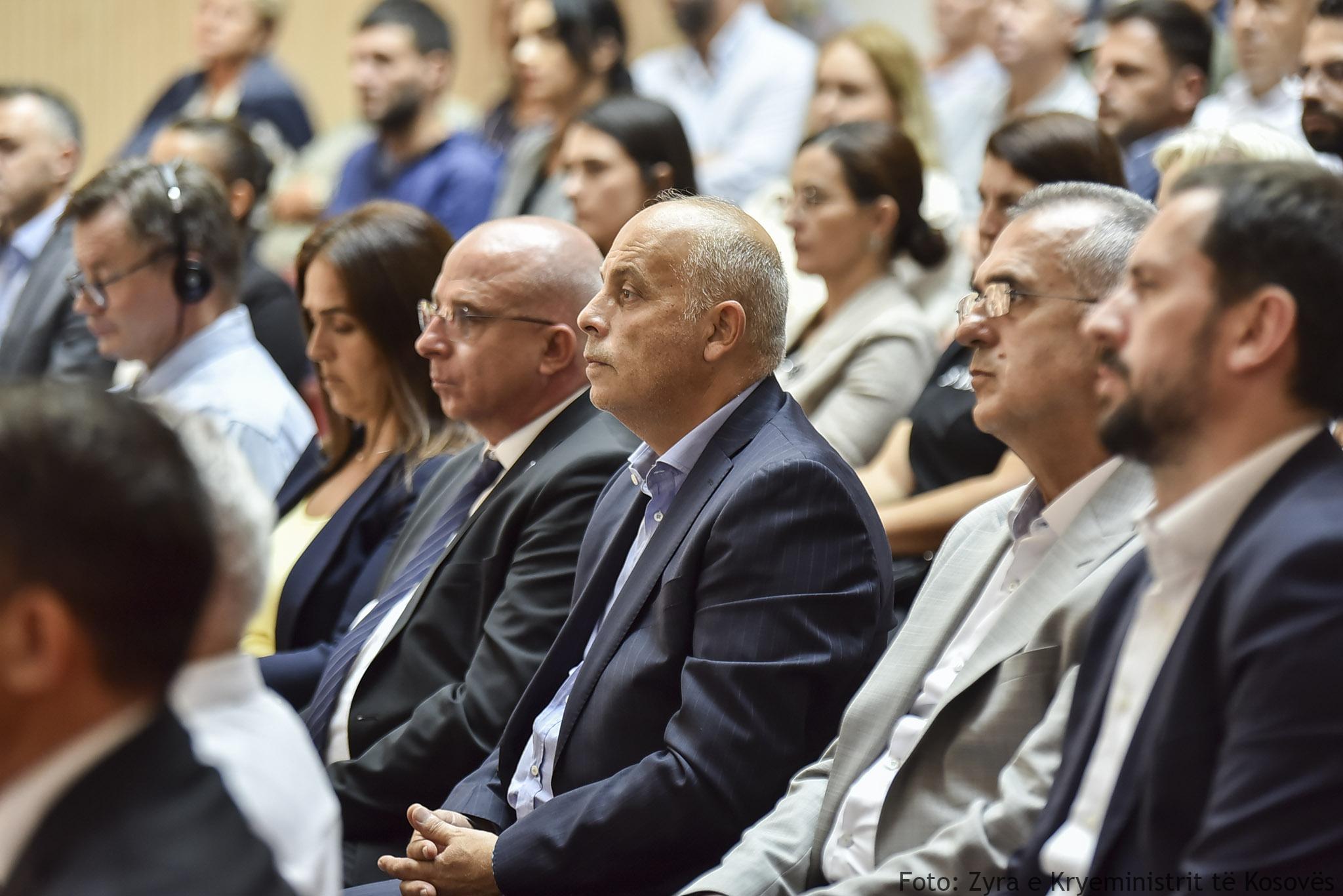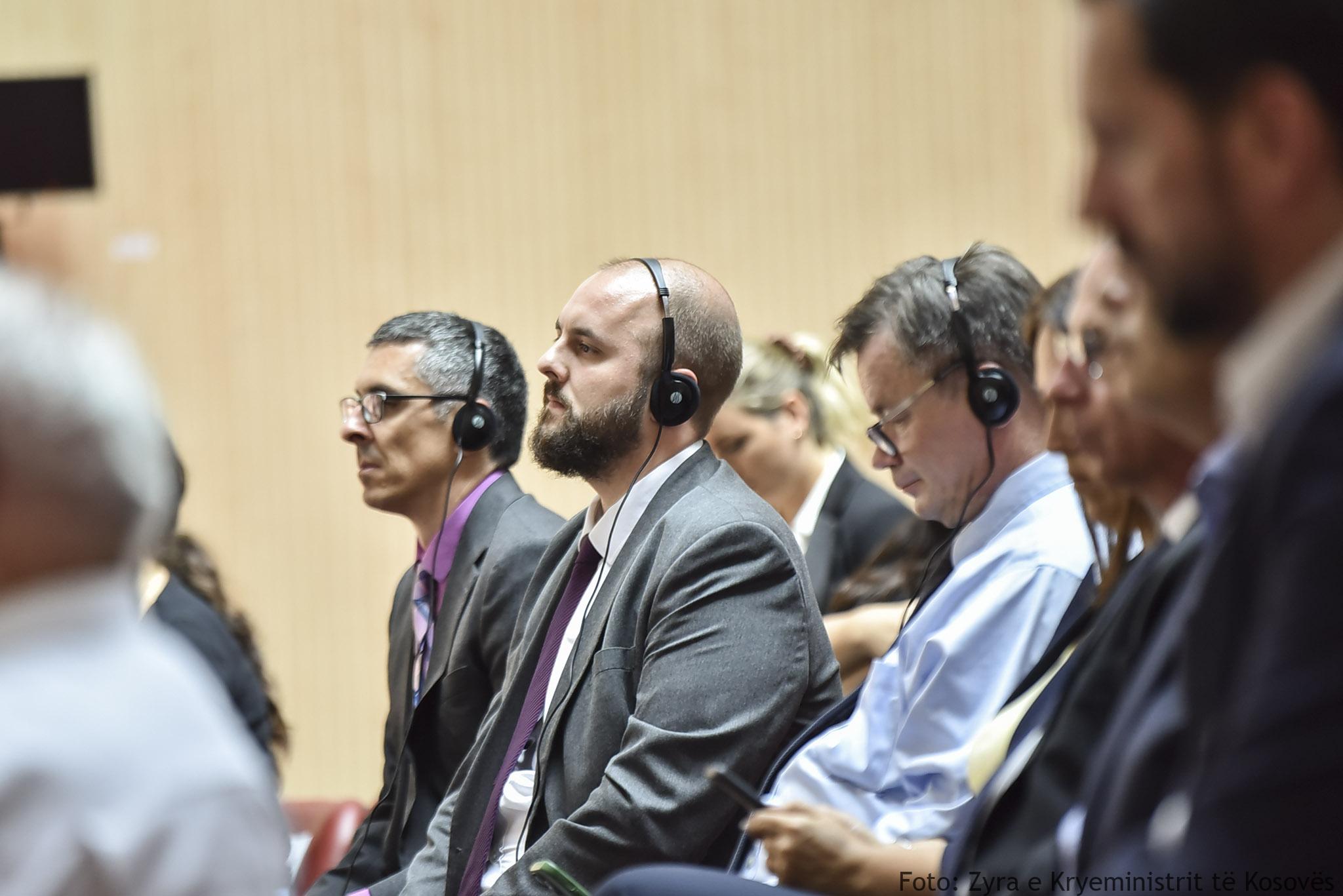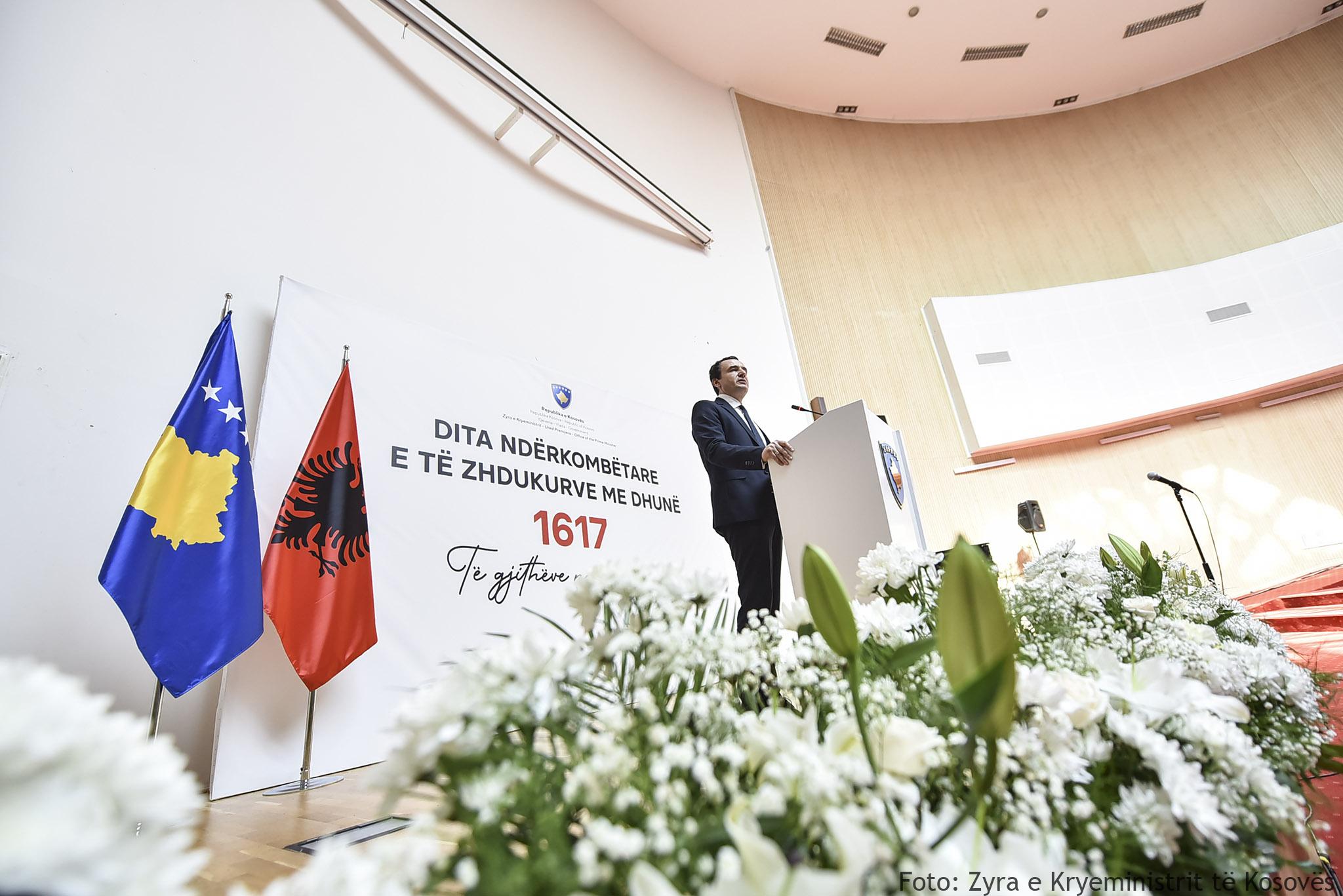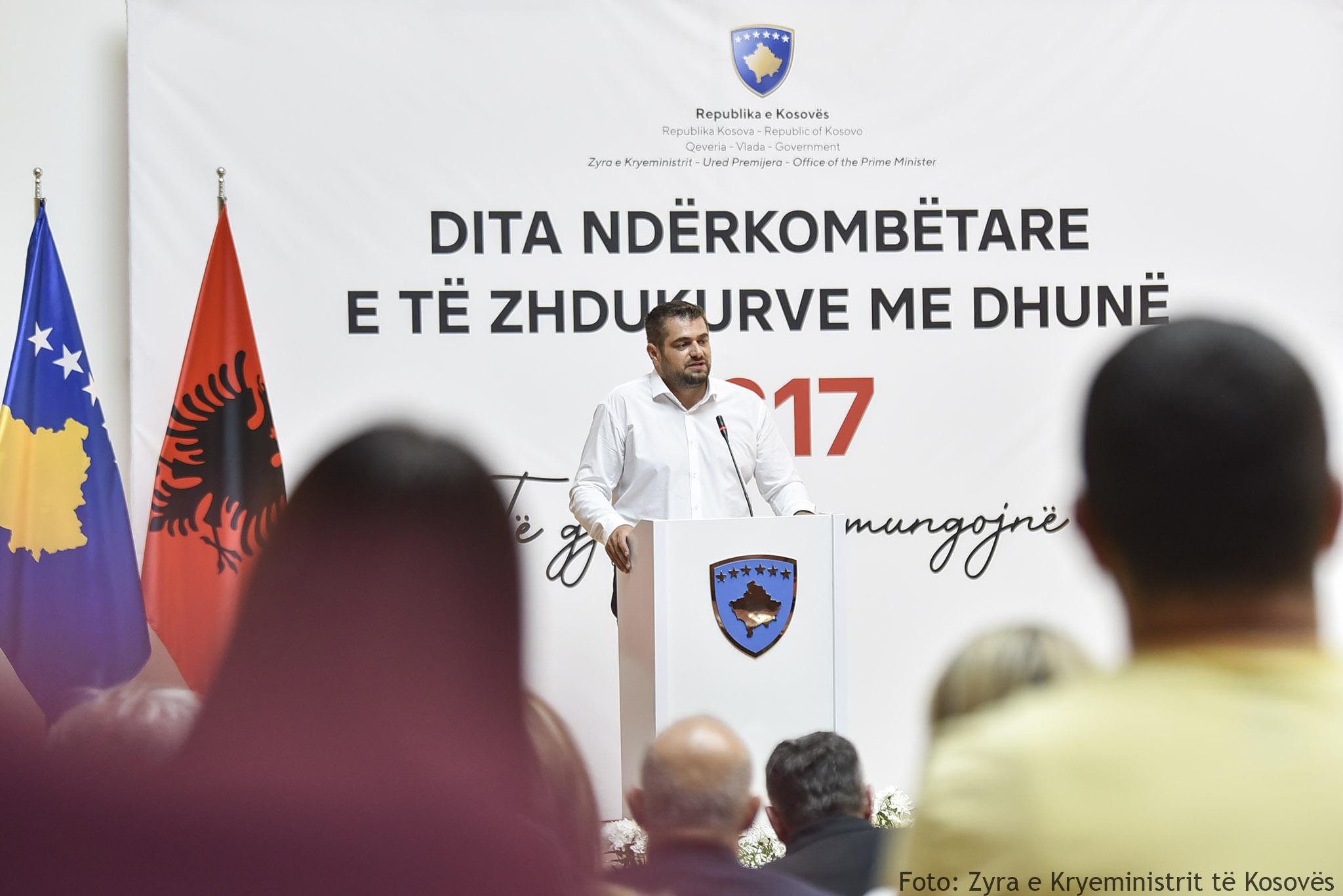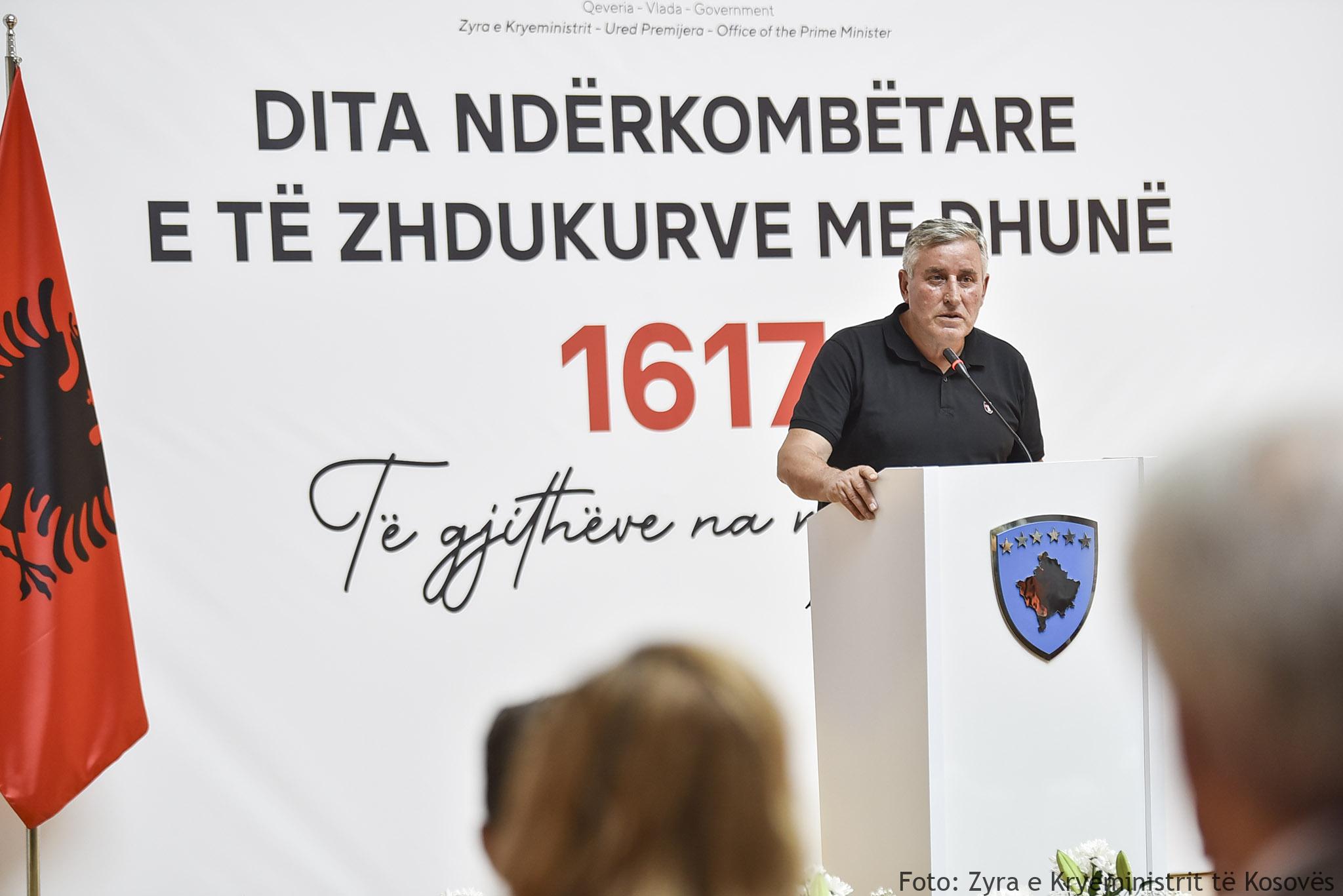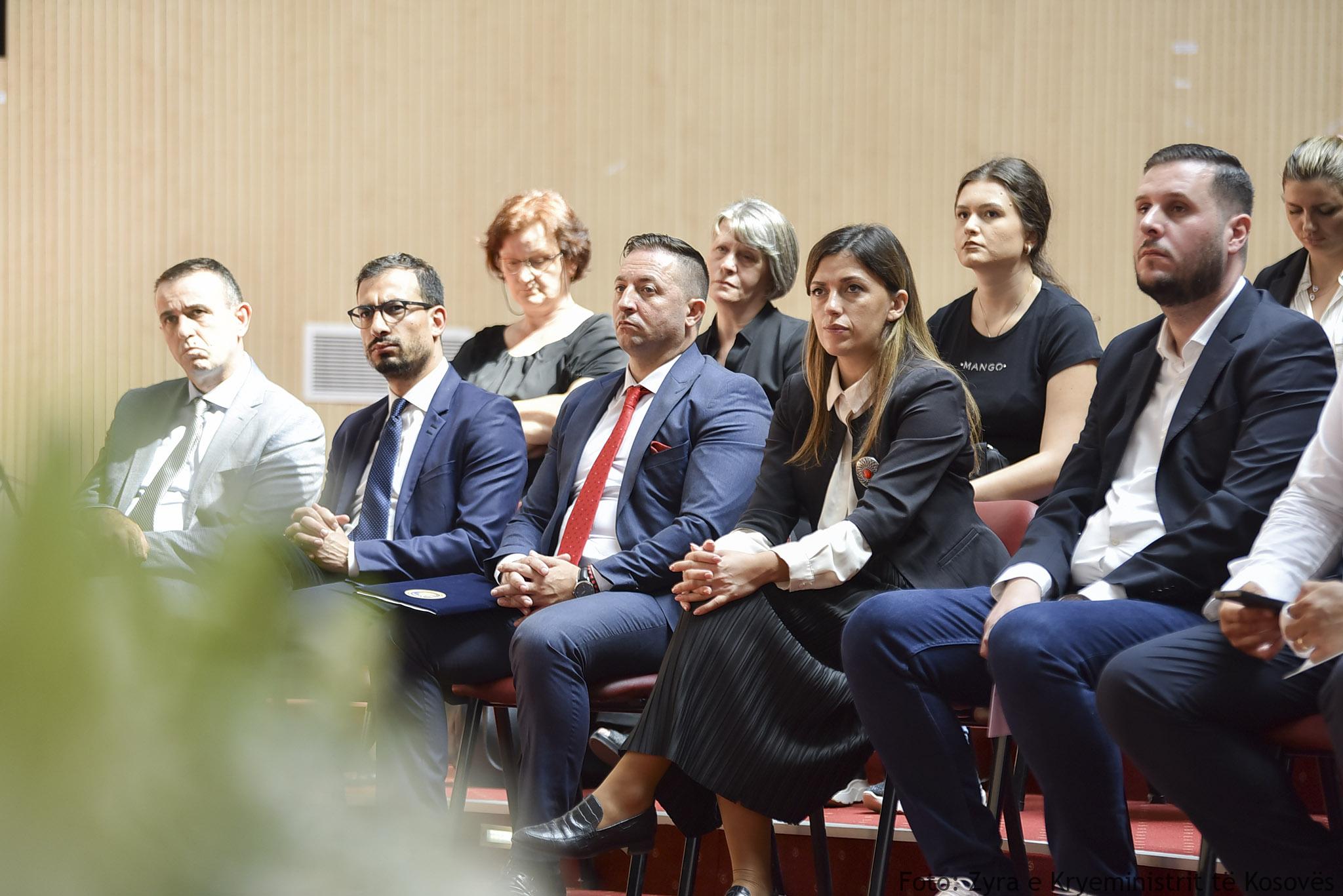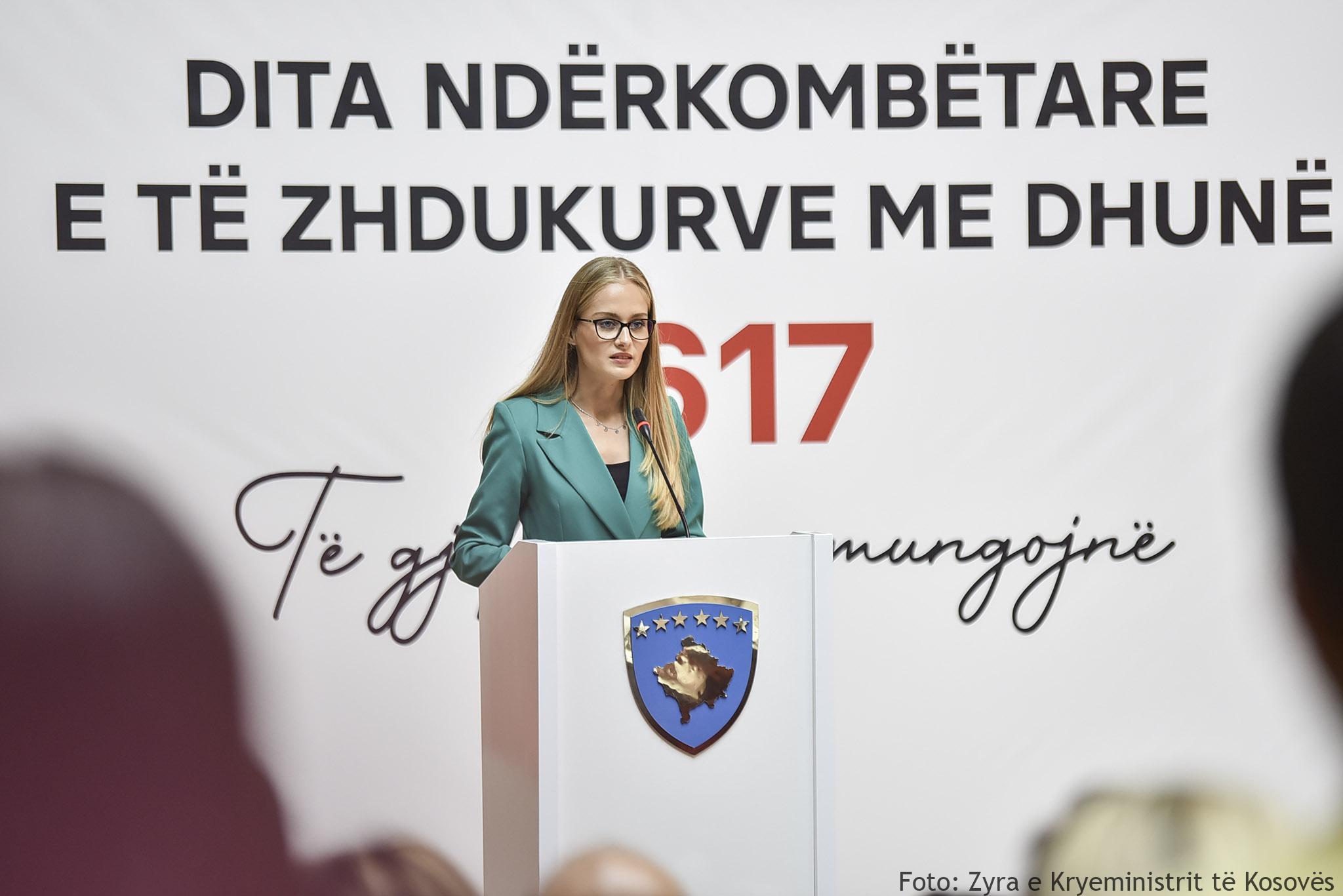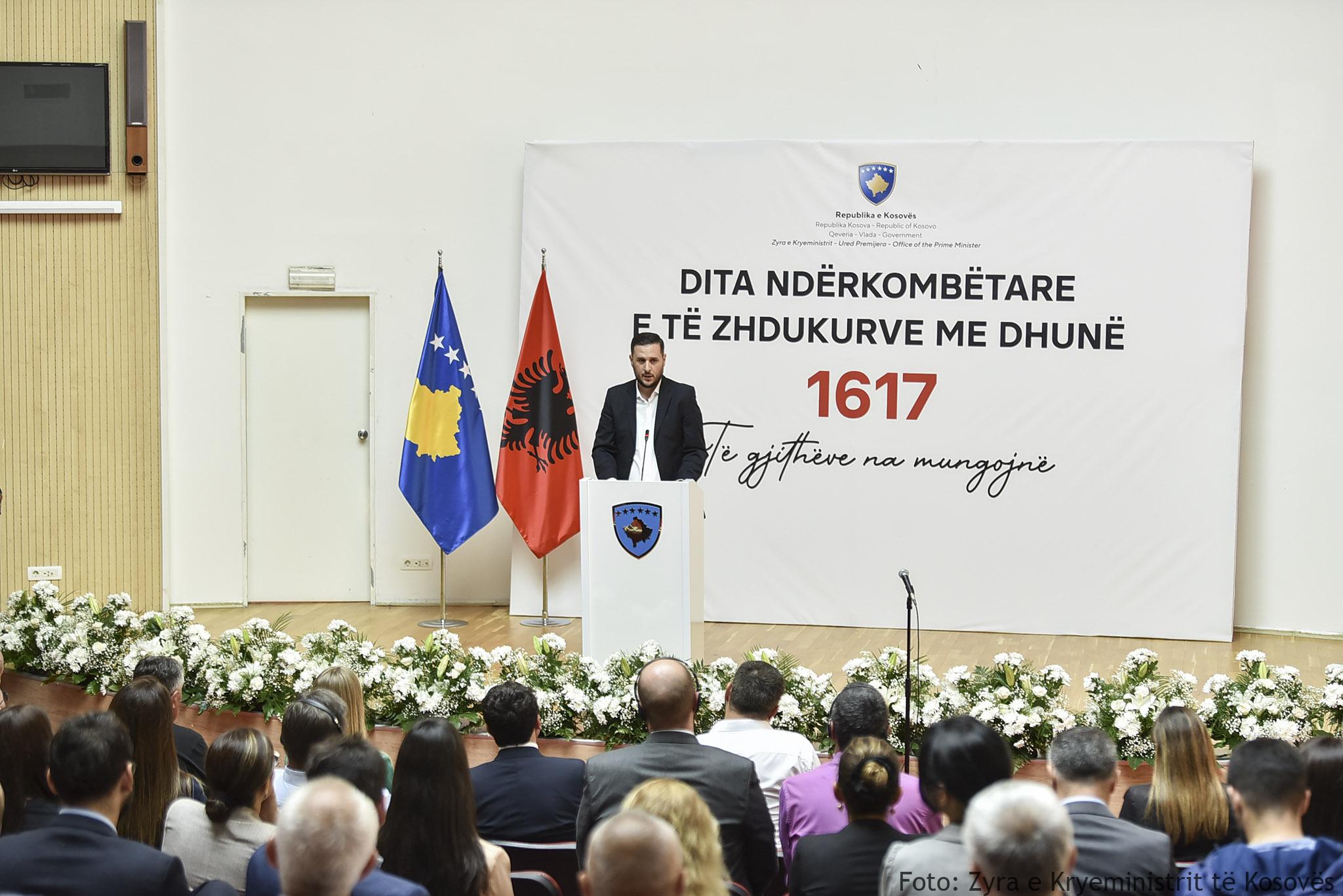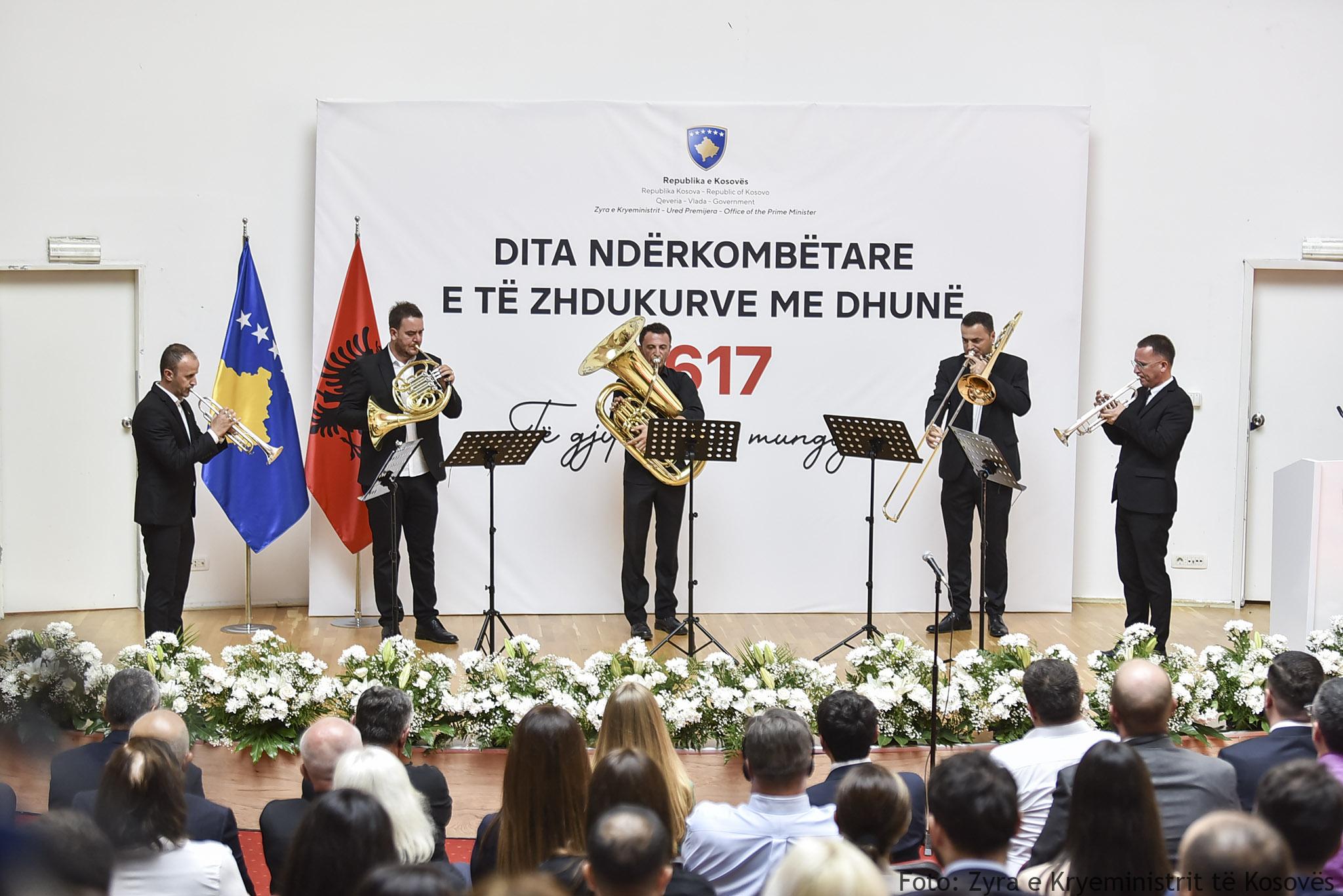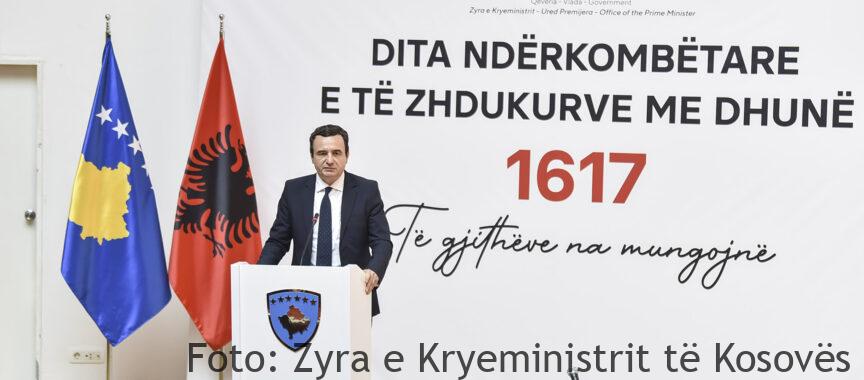Prishtina, 30 August 2022
We have put dealing with the past as a special chapter in the general framework that should include the final agreement with Serbia. We cannot move towards the future without addressing the past, without confronting it, said the Prime Minister of the Republic of Kosovo, Albin Kurti, in his speech marking the International Day of the forcibly disappeared.
He reiterated that the Government of the Republic of Kosovo is dedicated and committed to the truth, for all the forcibly disappearances that have occurred in Kosovo, regardless of ethnicity, origin and community.
We would like Serbia to do this, that is, to face its past. And to treat seriously how it happened that after the fall of Milosevic, five large mass graves were discovered there, with a total of 950 of our people kidnapped and killed, killed and kidnapped, in Batajnica, Peruqac, Petrovo Selo, Rudnica and Kizhevak, said the prime minister.
Serbia continues to deny the war crimes in Kosovo, emphasized Prime Minister Kurti, adding that even 23 years later, it shows no readiness to sign the proposed agreement, which would contribute to clarifying the fate of the citizens of Kosovo who were forcibly disappeared.
We need justice for all the crimes committed during the war, and for every minute of waiting in the most terrible agony after the war. We will not stop seeking justice, said Prime Minister Kurti.
Andin Hoti, Chairman of the Governmental Commission for Missing Persons, Ahmet Grajqevci from the Coordinating Council of the Family Associations of the Missing Persons of Kosovo, as well as Flaka Zogu and Gramoz Berisha, also addressed those present, on behalf of the family members of the persons who forcibly disappeared during the war in Kosovo.
Prime Minister Kurti’s full speech:
Dear family members of missing persons, Flaka, Gramoz,
Dear representatives of diplomatic missions in our country,
Dear Government Ministers and Members of Parliament,
Dear family members of the nation’s fallen and martyrs,
Sisters and brothers,
Ladies and gentleman,
We are meeting here today to mark the International Day of the Forcibly Disappeared
In December 2010, the General Assembly of the United Nations Organization declared August 30 – the International Day of Victims of Enforced Disappearances. This initiative was started by the associations of Latin American families, who wanted to clarify the fate of their relatives kidnapped and forcibly disappeared.
The map of this pain is very wide. Just as the sting of this pain is very deep.
From all over the world, today the calls of family members, associations and states for the truth are united.
Our state, the Government of the Republic of Kosovo, is committed and engaged to the truth about all the enforced disappearances that have occurred in Kosovo, regardless of ethnicity, origin and community.
After the end of the war in Kosovo in June 1999, 6057 missing persons were registered according to the International Committee of the Red Cross. Today, there are still 1,617 missing, the vast majority Albanians, but there are also Serbs, Roma and others. For all of them, that is, their fate must be clarified. No exception, no discrimination.
We have put dealing with the past as a special chapter in the general framework that should include the final agreement with Serbia. We cannot move towards the future without addressing the past, without confronting it.
We would like that Serbia to do this, that is, to face its past. And to treat seriously how it happened that after the fall of Milosevic, five large mass graves were discovered there, with a total of 950 of our people kidnapped and killed, killed and kidnapped, in Batajnica, Peruqac, Petrovo Selo, Rudnica and Kizhevak.
However, Serbia continues to deny war crimes in Kosovo. Even 23 years later, it shows no readiness to sign the proposed agreement, which would contribute to clarifying the fate of the citizens of Kosovo who forcibly disappeared. We are gathered here today for the missing.
There are so many of them and we miss them so much. They always accompany us. They never abandoned us. They were kidnapped. They did not return. Some were partially returned to us, as mortal remains. Only the memories, the longing, the waiting and the pain are complete. They were separated from our families, but they were never separated from our hearts and minds. We did not forget them because we cannot forget them.
They are with us in our everyday life. But we miss them in the joys of all these years. We miss them at the dinner table, but they are never missing at the decision tables. Whatever decision we make, we remember that we are the Kosovo of the missing, the Kosovo of the forcibly disappeared. Many returned as we did not expect, as bones. And we are still waiting for them.
A long time has passed and time cannot be turned back. 23 years later, mothers miss not only their children, but also their children’s children. Even those who did not manage get married and give birth. A mother who today mourns in solitude and waits for the sons who forcibly disappeared, would be a grandmother in a house full of noise from the lives of grandnephews and great-grandnephews, grandnieces and great-grandnieces.
We started the day today at the museum house of the Qerkezi family, in Gjakovë. Mother Ferdonije has kept everything left by all her missing family members. She does not save these for memories, because she has them all in her mind. We don’t visit to remember them either, because we don’t forget them. That place serves us as evidence that genocidal policies are still being defended. Nobody has apologized to mother Ferdonije.
No one was held accountable towards her. Nor to mother Nysrete, mother Luljeta and many, many other mothers.
Mothers, fathers, family members, citizens of Kosovo are despised for the suffering they still go through because of the war by those who committed or supported the crimes against them. The children who never knew their parents, who were taken away from them along with the right to experience their love. They grew up without them. And their pain increases when the crimes are denied, or even only when they are minimized.
We do not know how much forgiveness and repentance reduce the pain of parents who asked and are asking for their children. But not apologizing, we know, increases the pain. Failure to repent deepens suffering and anger. Recognizing the crimes committed in Kosovo by Serbia is the minimum of a humane policy, that is, against genocidal policies.
We will never forget them. The world must never forget them. We need justice for all the crimes committed during the war, and for every minute of waiting in the most terrible agony after the war. We will not stop seeking justice.
Thank you all for your commitment and for your perseverance.
Last modified: August 31, 2022
